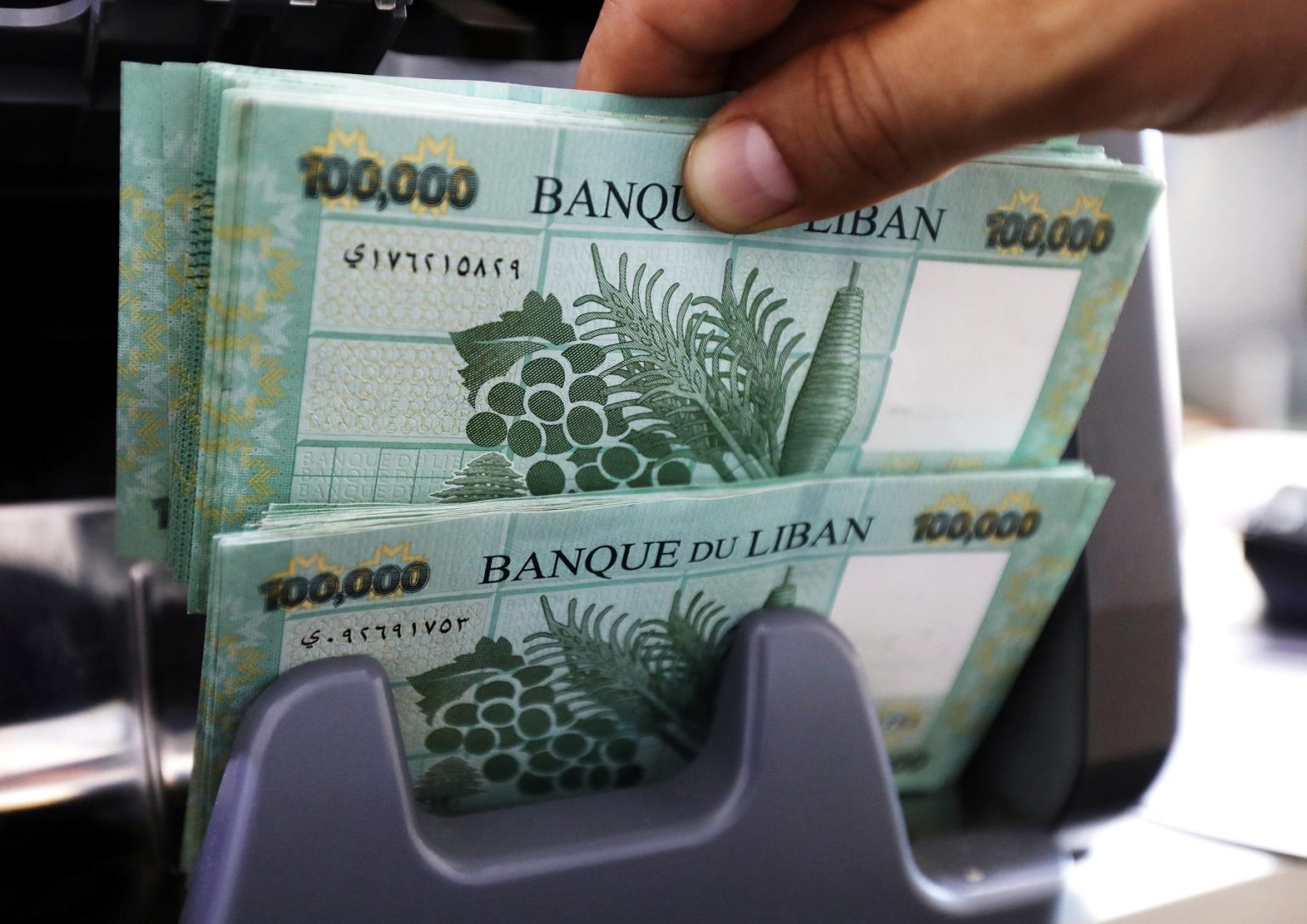Inflation in Lebanon has jumped to record levels in recent months, adding to the pressure on foreign exchange reserves.
The central bank of Lebanon called for an urgent plan to limit the depletion of foreign exchange reserves and work to reduce inflation rates.
Banque du Liban was forced to sell more dollars to curb inflation, which reached 84%, according to official statistics.
Inflation in Lebanon
Banque du Liban’s statements echo warnings from Ghazi Wazni, the caretaker’s finance minister, who said two weeks ago, “The money needed to finance basic imports will run out by the end of May, and the delay in reducing subsidies is costing the country $500 million a month.”
Wazni added that “foreign exchange reserves amount to about $15.8 billion. This means that the support will remain for two months at best before reaching the reserve requirement level, which is what local banks deposit in foreign currency in the Central Bank”.
The central bank said the government should act quickly given the seriousness of the situation and the economic and social impacts that could result from the delay.
The financial collapse, in which the currency lost up to 90% of its value, is exacerbated by hunger and unrest in the most serious crisis in Lebanon since its civil war that raged between 1975 and 1990.
The government’s plan is to halve the annual spending on the $6 billion subsidy, but it needs parliamentary approval, and it may take some time.
Politicians have yet to agree on a financial rescue plan or a new government since the government resigned in August over the Beirut port explosion, which killed 200 people.
Urgent visualization
In a related context, the Governor of the Banque du Liban, Riad Salameh, directed his calls to the Lebanese government to set an urgent and clear vision for the support policy it wants to adopt, in a manner that puts an end to the existing waste, and in a way that preserves the assets of the Central Bank in foreign currencies.
The governor of the Banque du Liban, in his letter to the Lebanese Minister of Finance, Ghazi Wazni, said that the government should contribute to providing imports in hard currencies to cover the cost of the subsidy, in light of the seriousness of the status quo and the economic and social impacts that may result from delay.























































